A comprehensive guide to exploring Blur io to ensure your online safety and security.
Blur: NFT | Blur: NFT login | Blur: NFT connect | WalletConnect | Traders | What Is Blur Crypto
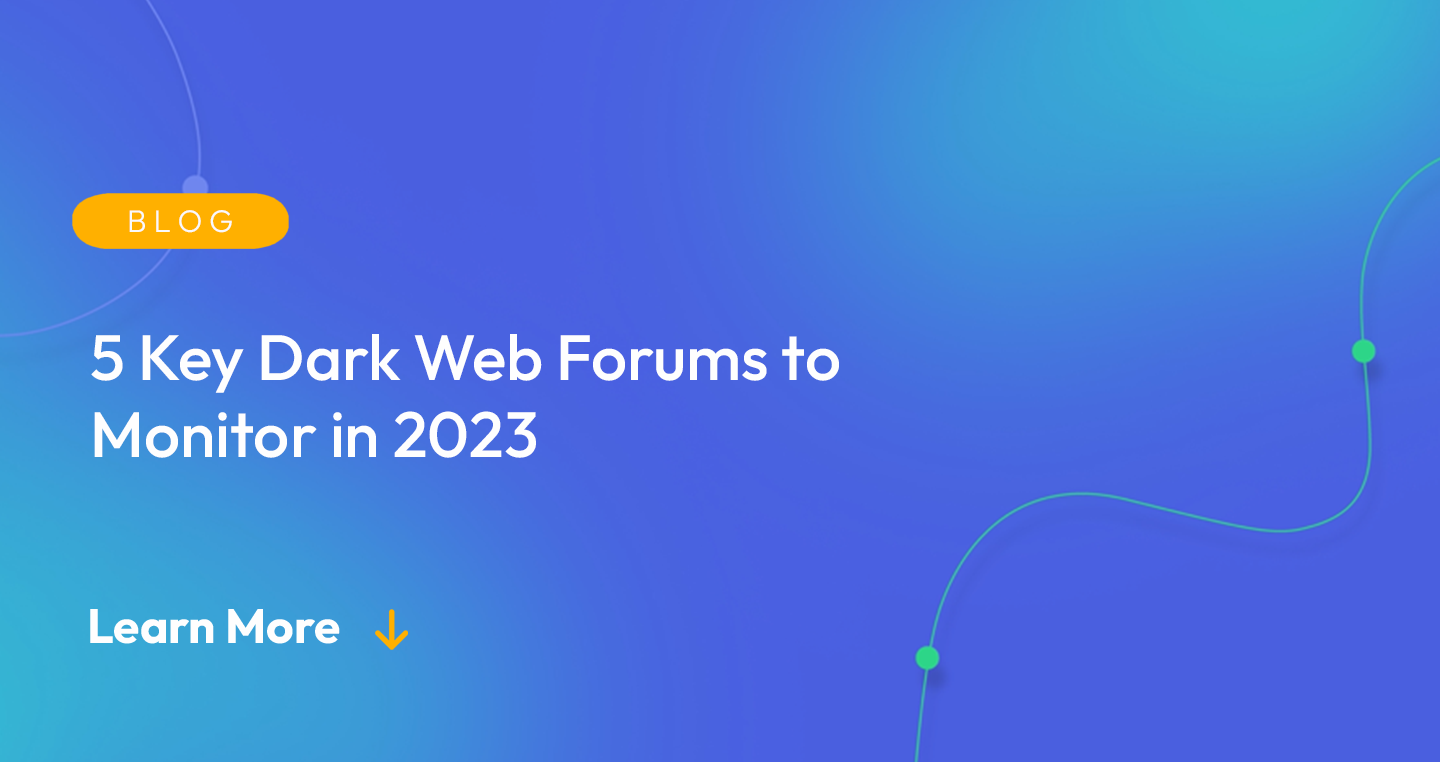
Blur: NFT | Blur: NFT login | Blur: NFT connect | WalletConnect | Traders | What Is Blur Crypto
The internet has become an integral part of our lives, allowing us to connect, share, and access information with just a few clicks. However, with the numerous benefits, come risks as well. In an era where cybersecurity threats are increasingly prevalent, it is essential to take proactive measures to safeguard your online presence and protect your personal information.
One effective way to ensure your online safety is by using Blur, a powerful tool that puts you in control of your digital identity. Blur offers a comprehensive suite of features, designed to shield you from online threats such as identity theft, data breaches, and unwanted tracking.
Identity theft remains a persistent concern in today's digital landscape. Cybercriminals are constantly devising sophisticated methods to steal your sensitive information and use it for fraudulent purposes. Whether it's your social security number, credit card details, or login credentials, Blur provides you with a robust defense mechanism. By creating unique and strong passwords, securely storing your payment information, and masking your personal data, Blur acts as an impregnable shield against identity thieves.
Data breaches have become alarmingly frequent, with numerous high-profile organizations falling victim to cyberattacks. These breaches expose sensitive user information, increasing the risk of identity theft and other cybercrimes. Blur mitigates this risk by offering a masked email service. By generating a unique email address for each online account, Blur ensures that your personal email remains secure, even in the event of a data breach. This prevents your inbox from being flooded by spam and protects you from phishing attempts.
Exploring Blur.IO: Ensuring Your Online Safety
Blur.IO is a revolutionary platform that prioritizes your online safety and privacy. With the increasing number of cyber threats and privacy breaches, it has become essential to take proactive measures to safeguard your personal information while browsing the internet.
Blur.IO offers a wide range of features and tools that offer comprehensive protection. One of the key features of Blur.IO is the Wallet Connect functionality. This feature allows you to securely connect your Blur.IO wallet to other platforms and services without compromising your personal information.
Key Benefits of Wallet Connect:

Enhanced Security: Wallet Connect ensures that your personal information and crypto assets are protected by establishing a secure connection between your Blur.IO wallet and other connected platforms. This eliminates the risk of data breaches and unauthorized access to your sensitive information.
Convenience: By using Wallet Connect, you can seamlessly connect your Blur.IO wallet to various decentralized applications (dApps) and services. This allows for a streamlined user experience, as you can easily access and manage your crypto assets without the hassle of multiple logins and transactions.
Privacy: Wallet Connect follows a transparent and decentralized approach, ensuring that your personal data is not stored or shared with any third-party service providers. Your privacy is prioritized, giving you peace of mind while using Blur.IO and other connected platforms.
It is important to note that Wallet Connect is just one of the many security features offered by Blur.IO. The platform uses advanced encryption algorithms and multi-factor authentication to provide a high level of protection for your online activities.
By utilizing Blur.IO's innovative tools and features, such as Wallet Connect, you can confidently navigate the online world, knowing that your personal information and crypto assets are shielded from potential threats.
Understanding Online Security
Online security is a critical aspect of using the internet safely and protecting your personal information. In today's digital age, it's essential to understand the potential risks and take proactive measures to ensure your online safety. This section will provide an overview of online security and offer practical tips to keep your information secure.
The Importance of Online Security

With the increasing amount of personal data stored online and the rise in cybercrime, maintaining good online security practices has become more important than ever. Online security involves protecting your sensitive information, such as passwords, credit card details, and personal documents, from unauthorized access. Failure to implement proper security measures can result in identity theft, financial loss, and other serious consequences.
Common Online Security Risks
Understanding the common risks you may encounter while online is the first step in safeguarding your information. Phishing attacks, malware, and data breaches are some examples of prevalent online security risks. Phishing involves fraudulent attempts to acquire sensitive information, such as login credentials, by posing as a trustworthy entity. Malware refers to malicious software designed to harm your computer or steal information. Data breaches occur when sensitive data, such as usernames and passwords, are compromised.
Protecting Your Online Security
Here are some practical tips to help enhance your online security:
Use strong and unique passwords: Create complex passwords that are difficult to guess and avoid reusing them across different accounts.
Enable two-factor authentication (2FA): Adding an extra layer of security by enabling 2FA can significantly reduce the risk of unauthorized access to your accounts.
Be cautious of suspicious emails and links: Avoid clicking on unknown links or opening attachments from unfamiliar sources, as they may contain malware or be part of a phishing attempt.
Keep your software up to date: Regularly update your operating system, web browser, and other software to ensure you have the latest security patches and features.
Use a reliable antivirus program: Install and regularly update a reputable antivirus program to protect your device from malware and other online threats.
Only use secure Wi-Fi networks: Avoid using public Wi-Fi networks, as they are often unsecured and present a higher risk of data interception.
By following these best practices and staying informed about the latest online security threats, you can significantly reduce the risk of falling victim to cybercrime. Remember, investing time and effort in your online security is invaluable for protecting your personal and financial well-being.
Threats to Your Online Privacy
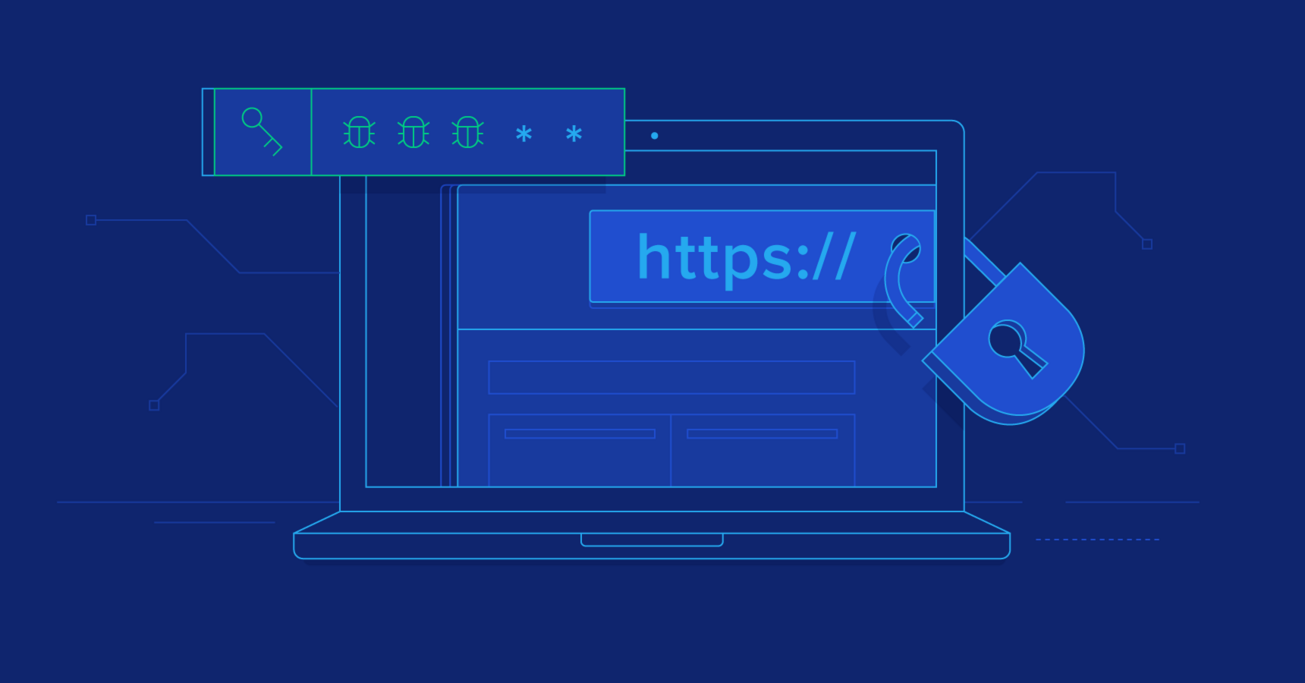
As we increasingly rely on the internet for various aspects of our lives, it is essential to be aware of the potential threats to our online privacy. The digital world offers many conveniences, but it also poses risks that can compromise our personal information and expose us to various harms.
One of the most significant threats to online privacy is data breaches. These incidents occur when a hacker gains unauthorized access to a company's database, compromising customer information such as names, email addresses, passwords, and even financial data. The stolen data can be sold on the dark web or used for identity theft, putting individuals at risk of fraud and other malicious activities.
Phishing attacks are another common threat to online privacy. In these types of attacks, cybercriminals impersonate reputable organizations through deceptive emails or websites, tricking individuals into providing sensitive information like login credentials or credit card details. Falling victim to a phishing attack can lead to identity theft, financial loss, and other serious consequences.
In addition to external threats, individuals also need to be cautious about their online behaviors. Sharing too much personal information on social media platforms, for example, can make it easier for others to track and target you. Moreover, using weak passwords or reusing passwords across multiple accounts can make it easier for hackers to gain unauthorized access to your online accounts.
To protect your online privacy, it is crucial to adopt security measures. This includes using strong, unique passwords for each account, enabling two-factor authentication whenever possible, and regularly updating your software and devices. Additionally, being cautious about the links you click on, avoiding suspicious emails or messages, and refraining from oversharing personal information can significantly reduce the risk of falling victim to cyber threats.
If you want to take your online privacy one step further, consider using tools like Blur.io. By connecting to Blur.io, you can encrypt your online communications, anonymize your web browsing activity, and protect your personal information from prying eyes. This added layer of protection can give you peace of mind and ensure that your online activities remain private and secure.
Remember, safeguarding your online privacy is an ongoing effort that requires awareness, vigilance, and the use of appropriate security measures. By staying informed and taking proactive steps to protect your data, you can enjoy the benefits of the digital world while minimizing the risks.
The Importance of Strong Passwords
One of the most critical aspects of online safety is having strong passwords for all your accounts. A strong password can protect your sensitive information from being exposed to hackers and unauthorized individuals.
Here are some reasons why strong passwords are essential:
1. Preventing unauthorized access: A strong password significantly decreases the chances of someone guessing or cracking it. It acts as a barrier that prevents unauthorized individuals from accessing your personal data or accounts.
2. Protecting against brute force attacks: Brute force attacks involve repeatedly trying different combinations of passwords until the correct one is found. By using complex and lengthy passwords, you can make it extremely difficult for hackers to crack them through brute force methods.
3. Safeguarding sensitive information: Strong passwords ensure the safety of sensitive information such as financial details, personal identity, and confidential documents. It adds an extra layer of protection to keep this information secure.
4. Mitigating the risk of identity theft: Weak passwords are one of the leading causes of identity theft. By using strong passwords, you minimize the risk of criminals impersonating you and accessing your personal accounts or performing malicious activities.
5. Protecting interconnected accounts: Many people use the same password for multiple accounts. If one of these accounts is compromised, it can lead to a domino effect, impacting all other interconnected accounts. Utilizing strong and unique passwords across all accounts reduces this risk.
Remember, a strong password should be a combination of uppercase and lowercase letters, numbers, and special characters. It should be at least 10 characters long and should not include easily guessable information like your name, birthdate, or simple patterns.
By creating and maintaining strong passwords, you are taking an important step towards ensuring your online safety and protecting your personal information.
Two-Factor Authentication: Adding an Extra Layer of Security
In today's digital age, ensuring the security of your online accounts has become more important than ever. With the increasing number of data breaches and cyberattacks, it is vital to implement strong security measures to protect your personal information and online activities.
One effective way to enhance online security is by enabling two-factor authentication (2FA) on your accounts. Unlike the traditional username and password login method, 2FA adds an extra layer of security by requiring users to provide additional verification to access their accounts.
How Does Two-Factor Authentication Work?
Two-factor authentication typically combines something you know (your username and password) with something you have (a physical device or app) or something you are (biometrics). This multi-factor authentication approach makes it considerably more difficult for hackers to gain unauthorized access to your accounts.
Here's how the process usually works:
You enter your username and password to log in to your account.
After successfully entering your credentials, you are prompted to provide a second form of verification.
This can be a unique code sent to your registered email or phone number, a fingerprint or facial recognition on your mobile device, or a hardware token like a security key.
Once you provide the required second factor, you gain access to your account.
By implementing two-factor authentication, even if an attacker manages to obtain your username and password, they would still need the second factor (which is unique and time-sensitive) to gain access to your account.
The Benefits of Two-Factor Authentication
Enabling two-factor authentication provides several advantages:
Protection Against Unauthorized Access
Even if someone manages to obtain your login credentials, they won't be able to access your account without the second factor.
Prevention of Phishing Attacks
Phishing attacks often trick users into revealing their login credentials. With 2FA, even if you provide your credentials, the attacker won't have the second factor needed to access your account.
Compatibility with Multiple Platforms
Two-factor authentication can be implemented across various platforms and services, including social media networks, email providers, financial institutions, and more.
User-Friendly Experience
With the advancement in technology, 2FA implementation has become more user-friendly, often offering options like fingerprint or facial recognition.
When it comes to safeguarding your online presence, two-factor authentication is a powerful tool that adds an extra layer of security to your accounts. Make sure to enable 2FA whenever possible to protect your sensitive information from potential threats.
If you want to further enhance your online security, consider using Blur: NFT, a comprehensive privacy-focused platform that offers additional features like password management, secure VPN services, and more. Stay safe online!
Protecting Your Personal Information
When it comes to maintaining your online safety, protecting your personal information should be a top priority. Here are some essential steps you can take to ensure that your personal information remains secure:
1. Create strong and unique passwords: Avoid using easily guessable passwords such as your name or birthdate. Instead, use a combination of uppercase and lowercase letters, numbers, and special characters. Also, make sure to use different passwords for each of your online accounts.
2. Enable two-factor authentication: Two-factor authentication adds an extra layer of security to your accounts. It requires you to provide two methods of verification, typically something you know (like a password) and something you have (like a verification code sent to your phone).
3. Be cautious when sharing personal information: Be mindful of what personal information you share online. Avoid sharing sensitive data such as your address, phone number, or financial details on public platforms or with unknown individuals.
4. Regularly update your software and devices: Keeping your devices, apps, and software up to date is crucial for maintaining security. Regular updates often include important security patches that help protect your personal information from potential threats.
5. Use secure and encrypted connections: When transmitting sensitive information online, make sure the website or app you are using has a secure connection. Look for the "https://" prefix in the URL and check for the padlock symbol indicating that the connection is encrypted.
6. Be cautious of phishing attempts: Phishing attacks are designed to trick you into disclosing your personal information. Beware of suspicious emails or messages asking for sensitive information, and avoid clicking on suspicious links or providing personal details on unfamiliar websites.
7. Regularly review your privacy settings: Take the time to review and adjust the privacy settings on your social media accounts and other online platforms. Limit the amount of personal information that is publicly accessible and ensure that only trusted individuals have access to your private data.
By following these practices, you can significantly enhance the security of your personal information and minimize the risk of data breaches or identity theft.
Avoiding Phishing Scams
Phishing scams are a common online threat that can lead to identity theft, financial loss, and other negative consequences. These scams typically involve fraudulent emails, messages, or websites that appear to be from reputable sources but are designed to trick unsuspecting individuals into revealing their personal information.
To protect yourself from phishing scams, there are a few key steps you can take:
Be Skeptical of Unsolicited Requests
Phishing scammers often use emails or messages that claim to be from a trusted company or organization. They may ask you to click on a link, provide sensitive information, or download an attachment. Be skeptical of any unsolicited requests, especially if they seem urgent or too good to be true.
If you receive an email or message that asks you to provide personal information, it's important to double-check the source. Avoid clicking on any embedded links or opening attachments unless you are certain of their legitimacy.
Review URLs Carefully
One way to spot phishing scams is to carefully review the URLs of websites you visit. Phishing websites often imitate legitimate sites but may have slight variations in spelling or domain names. Before entering any personal information or making a purchase online, ensure that the website's URL begins with "https://" for added security.
In addition, consider using a browser extension like Blur: NFT that can help identify and block known phishing websites.
Keep Your Software Updated

Phishing scammers often exploit vulnerabilities in software to gain access to personal information. By keeping your operating system, web browser, and antivirus software up to date, you can protect against these potential threats. Enable automatic updates whenever possible and regularly check for security patches.
Remember, staying vigilant and practicing safe online habits is crucial to avoiding phishing scams. By following these tips and using tools like Blur: NFT, you can help safeguard your personal information and enjoy a safer online experience.
Securing Your Social Media Profiles
In today's digital age, social media has become an integral part of our lives. We use it to connect with friends and family, share our thoughts and experiences, and express ourselves. However, it's important to remember that social media platforms can also be a breeding ground for cyber threats and privacy invasions. Therefore, it's crucial to take steps to secure your social media profiles and protect your personal information.
Here are some tips to ensure the safety of your social media profiles:
1. Use strong and unique passwords: Avoid using easy-to-guess passwords and create a unique password for each social media account you have. Include a combination of letters (upper and lower case), numbers, and special characters. Regularly update your passwords to minimize the risk of being hacked.
2. Enable two-factor authentication: Two-factor authentication adds an extra layer of security to your social media accounts. It requires you to provide a second form of verification, such as a unique code sent to your phone, in addition to your password. This can help prevent unauthorized access even if your password is compromised.
3. Review your privacy settings: Take the time to review and customize the privacy settings on your social media platforms. Limit the visibility of your posts and personal information to only your trusted friends and connections. Regularly check and update these settings as social media platforms often introduce new features and options.
4. Be mindful of your posting habits: Think twice before sharing personal information, such as your address or phone number, on social media. Avoid posting sensitive photos or details that could be used against you. Remember, once something is posted online, it can be difficult to remove it completely.
5. Beware of phishing attempts: Be cautious of suspicious messages or emails claiming to be from social media platforms. Avoid clicking on unknown links or providing personal information through these channels. Legitimate social media platforms will never ask for your password or sensitive information via email.
6. Regularly update your apps and devices: Keep your social media apps and devices up-to-date with the latest software and security patches. This helps protect against known vulnerabilities and ensures you have the latest security features.
7. Be selective with friend requests and connections: Only accept friend requests or connection requests from people you know and trust. Be wary of fake profiles and accounts with suspicious activity. It's better to have a smaller network of trusted connections rather than risking your privacy and security.
By following these security practices, you can enjoy the benefits of social media while keeping your personal information safe from cyber threats and privacy invasions.
Safeguarding Your Online Transactions
When it comes to online transactions, ensuring your safety is of utmost importance. Here are some tips to help you safeguard your online transactions:
Use Secure Websites: Look for websites with an "https" prefix, indicating a secure connection.
Keep Your Software Updated: Regularly update your operating system, antivirus software, and web browser to the latest versions to ensure security vulnerabilities are patched.
Enable Two-Factor Authentication: Opt for two-factor authentication whenever possible for an extra layer of security.
Create Strong, Unique Passwords: Avoid using common passwords or reusing passwords across different accounts. Use a combination of letters, numbers, and special characters.
Beware of Phishing Attempts: Be cautious of emails or messages asking for personal or financial information. Verify the source before providing any sensitive data.
Use Secure Payment Methods: When making online transactions, use secure payment options like credit cards or reliable third-party payment services.
Monitor Your Accounts Regularly: Keep an eye on your bank and credit card statements to identify any unauthorized transactions or suspicious activity.
Use Encrypted Network Connections: Avoid using public Wi-Fi networks when making online transactions, as they can be easily compromised. Instead, use a secure and encrypted network connection.
Be Wary of Unsecured Websites: Avoid entering personal or financial information on unsecured websites. Look for a padlock icon in the browser address bar to ensure a secure connection.
Install a Trustworthy Security Software: Invest in a reliable and up-to-date security software that can detect and protect against various online threats.
By following these guidelines, you can significantly reduce the risk of falling victim to online fraud or identity theft. Remember, it's better to be cautious and proactive when it comes to protecting your online transactions.
Recognizing and Avoiding Malware

Malware, short for malicious software, is a term used to describe any software or program specifically designed to harm or exploit computer systems. It comes in various forms, such as viruses, worms, Trojans, ransomware, and spyware. Malware can infect your devices and compromise your online safety, leading to data breaches, identity theft, and financial loss. It's crucial to stay vigilant and take proactive measures to recognize and avoid malware.
Recognizing malware can be challenging as it often disguises itself as legitimate software or hides in files or websites. However, there are some telltale signs that can help you identify potential malware:
1. Unexpected Pop-ups: If you suddenly start seeing excessive pop-up ads or windows, especially those asking you to download or install unknown programs, it could be a sign of malware.
2. Sluggish Performance: Malware tends to consume a significant amount of system resources, causing your device to slow down. If your computer or mobile device becomes unusually sluggish, it's worth investigating for malware.
3. Unusual Network Activity: Check your network activity and look for any suspicious connections or data transfers. Malware often communicates with remote servers and can generate unusual network traffic.
4. Unauthorized Access: If you notice unauthorized changes to your system settings, new programs or extensions installed without your consent, or files becoming inaccessible, it may indicate malware presence.
Avoiding malware is fundamental to ensuring online safety. Here are some essential practices to help you stay protected:
1. Use a Reliable Antivirus Program: Install a reputable antivirus software that provides real-time protection against malware. Keep it updated to defend against new threats.
2. Exercise Caution With Downloads: Be cautious when downloading files or software, especially from unknown sources. Verify the authenticity of the source and scan the files for malware before opening them.
3. Keep Your Operating System and Software Updated: Regularly update your operating system, web browsers, and other software to patch vulnerabilities that malware may exploit.
4. Enable a Firewall: Enable and configure a firewall to monitor and control incoming and outgoing network traffic. This can help block unauthorized access and protect against malware.
5. Be Wary of Suspicious Emails and Websites: Avoid clicking on links or downloading attachments from unsolicited emails. Be cautious with websites that look suspicious or require you to provide personal information.
By being vigilant and following these practices, you can significantly reduce the risk of malware infections and ensure your online safety. For additional protection, consider using a service like Blur: NFT that offers advanced security measures to protect your digital assets from cyber threats.
The Role of VPNs in Online Security
When it comes to ensuring your online safety, using a Virtual Private Network (VPN) is essential. A VPN acts as a secure tunnel between your device and the internet, encrypting your data and hiding your IP address. With the increasing threats of cybercrime and surveillance, it is crucial to understand the role of VPNs in enhancing your online security.
How do VPNs work?
VPNs work by redirecting your internet connection through a remote server operated by the VPN provider. This server acts as a middleman between your device and the websites or online services you access. By doing so, VPNs create a secure and private connection that prevents anyone from intercepting or accessing your data.
Benefits of using a VPN for online security
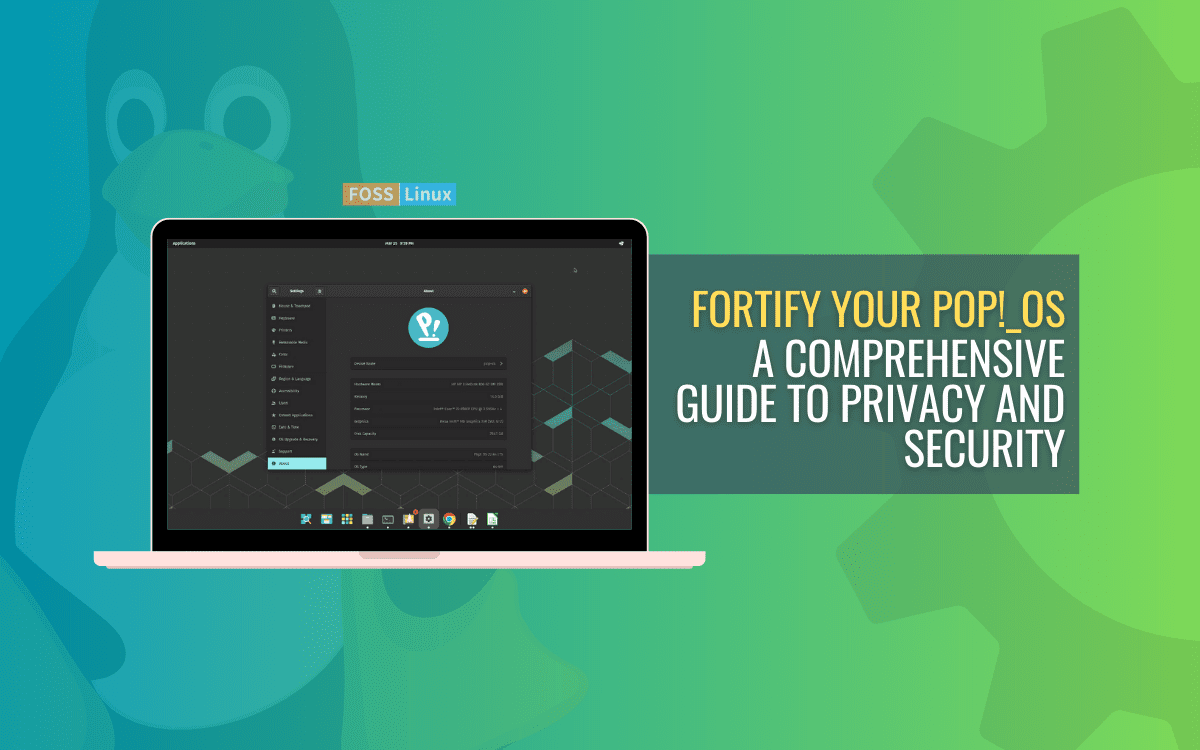
VPNs mask your IP address and encrypt your internet traffic, making it difficult for third parties to track your online activities.
Encryption ensures that your data remains unreadable to anyone trying to intercept it, providing an additional layer of security.
VPNs allow you to bypass censorship and access geo-restricted content by connecting to servers in different locations around the world.
Anonymity
Secure Wi-Fi Connections
Protection from Hackers
VPNs provide anonymity by hiding your real IP address, making it difficult for anyone to track your online identity.
When connected to a public Wi-Fi network, VPNs encrypt your data, preventing hackers from intercepting your sensitive information.
Using a VPN adds an extra layer of protection against hackers who may try to exploit vulnerabilities in your internet connection.
In conclusion, a VPN plays a significant role in enhancing your online security. By encrypting your data, protecting your privacy, and allowing you to bypass censorship, VPNs provide a reliable solution to ensure your online safety in an increasingly interconnected world.
How to Keep Your Children Safe Online
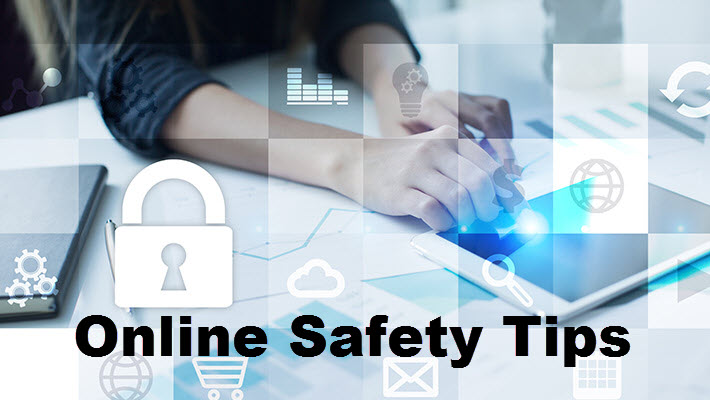
As a parent, it's important to ensure your children's safety when they are online. Here are some tips to help you keep your children safe in the digital world:
1. Educate yourself and your children: Stay informed about the latest online threats and teach your children about the potential dangers they may encounter. Make sure they understand the importance of not sharing personal information online and the risks of interacting with strangers.
2. Set clear rules: Establish clear guidelines for internet use and enforce them consistently. Set time limits for screen time and establish rules about which websites and apps are allowed. Make sure your children understand the consequences of breaking these rules.
3. Keep computers in common areas: Place computers and other web-enabled devices in common areas of your home where you can easily monitor your children's online activities. This will make it easier for you to keep an eye on their online interactions and ensure they are safe.
4. Use parental control software: Consider using parental control software to block access to inappropriate websites and filter out content that may not be suitable for children. There are many options available that allow you to customize the settings based on your children's age and maturity level.
5. Encourage open communication: Create an open and non-judgmental environment where your children feel comfortable discussing their online experiences with you. Encourage them to come to you if they encounter anything online that makes them uncomfortable or if they have any questions or concerns.
6. Monitor their online activities: Regularly check your children's online activities, including their social media profiles, emails, and messaging apps. This will help you stay aware of their online interactions and quickly address any potential issues.
7. Teach responsible online behavior: Teach your children about responsible online behavior, such as being respectful towards others, thinking before sharing or posting anything online, and being aware of the consequences of their actions. Help them understand the impact of their digital footprint.
8. Foster trust: Build trust with your children by being supportive and understanding. Let them know that they can come to you if they make a mistake or if they need help with an online issue. By fostering trust, your children will be more likely to confide in you and seek your guidance when needed.
By following these tips, you can help ensure that your children have a safe and positive online experience.
Understanding Data Breaches and How to Respond
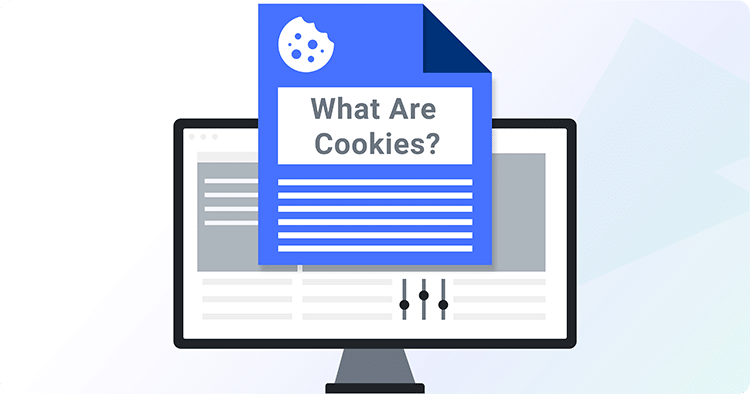
A data breach occurs when unauthorized individuals gain access to sensitive and confidential data without permission. These breaches can lead to significant financial losses, reputational damage, and potential legal consequences for individuals and organizations.
Types of Data Breaches
There are several types of data breaches:
Phishing Attacks: This involves tricking individuals into providing their personal information, such as passwords or credit card details, by posing as a legitimate source.
Malware Attacks: Attackers use malicious software to gain access to a system or network, often through infected email attachments or compromised websites.
Insider Threats: Occur when employees or insiders intentionally or unintentionally expose sensitive data by mishandling information or failing to follow security protocols.
Third-Party Breaches: When a breach occurs at a vendor or partner organization that has access to your data.
Responding to a Data Breach
If you suspect a data breach, it's crucial to respond quickly and effectively to minimize the potential damage. Here are the steps you should take:
Assess the Scope: Determine the extent of the breach, including the type of data compromised and the number of affected individuals.
Containment: Isolate the affected systems or networks to prevent further unauthorized access and limit the breach's impact.
Notification: Inform the appropriate individuals, such as customers or employees, about the breach and provide guidance on the actions they should take to protect themselves.
Investigation: Conduct a thorough investigation to identify the cause of the breach and address any vulnerabilities in your security systems.
Remediation: Take steps to fix the security flaws and implement additional measures to prevent future breaches.
Communication: Keep affected individuals updated throughout the response process, providing regular communication and support.
Monitoring: Continuously monitor for any signs of further unauthorized access or suspicious activities.
Evaluation: Evaluate the effectiveness of your response and make necessary adjustments to strengthen your security posture.
Remember, data breaches can happen to anyone, and it's essential to take proactive measures to protect your data and respond effectively if a breach occurs. Implementing strong security measures, educating employees, and staying updated on the latest cybersecurity trends are critical steps in safeguarding your sensitive information.
The Future of Online Security
As technology continues to advance at a rapid pace, the future of online security becomes increasingly important. With more and more people relying on the internet for various aspects of their lives, it is crucial to ensure that their personal information remains safe and secure.
One of the key developments in online security is the emergence of artificial intelligence (AI). AI has the potential to revolutionize the way we protect our data, as it can quickly analyze vast amounts of information and identify patterns or anomalies that may indicate a security breach. AI-powered security systems can detect and respond to threats in real-time, providing a proactive approach to online safety.
Another trend in online security is the use of biometrics. Traditional methods of authentication, such as passwords, can be easily compromised. Biometric identifiers, such as fingerprints or facial recognition, offer a more secure way to authenticate users. This technology is already being used in many devices and applications, and will likely become even more prevalent in the future.
Blockchain technology is also poised to play a significant role in online security. By creating a decentralized and tamper-proof system, blockchain can provide a secure platform for storing and transferring sensitive information. Its use in cryptocurrencies has demonstrated its potential for secure transactions, and it is expected to be adapted for other applications in the future.
Additionally, there is a growing focus on user education and awareness when it comes to online security. As cyber threats become more sophisticated, it is important for individuals to understand the risks they face and the steps they can take to protect themselves. This includes regularly updating software, using strong and unique passwords, and being cautious of phishing attempts.
In conclusion, the future of online security holds great promise. With advancements in AI, biometrics, blockchain, and user education, we can hope for a safer and more secure online environment. However, it is important to remain vigilant and stay informed about emerging threats and technologies to ensure the protection of our personal information.
Why is online safety important?
Online safety is important because it helps protect our personal information and prevents us from becoming victims of cybercrime. It ensures that our data is secure and that we can use the internet without fear of being hacked or scammed.
What is the best way to ensure online safety?
The best way to ensure online safety is to use strong and unique passwords for all your online accounts, enable two-factor authentication whenever possible, and regularly update your software and devices to protect against known vulnerabilities. It is also important to be cautious of phishing emails and suspicious websites.
How can I protect my personal information online?
To protect your personal information online, you should avoid sharing sensitive information, such as your social security number or credit card details, on unsecured websites. You should also be cautious of what you share on social media and adjust your privacy settings accordingly. Using a VPN can also help encrypt your internet connection and protect your data.
What are the dangers of using public Wi-Fi?
Using public Wi-Fi can be dangerous because it is often unsecured, which means that hackers can easily intercept the data you send and receive. This can lead to your personal information being stolen, such as your passwords or credit card details. It is best to avoid using public Wi-Fi for sensitive activities, such as online banking, and use a VPN if you must connect to a public network.
How can I teach my children about online safety?
Teaching children about online safety is crucial in today's digital world. You should start by explaining the potential dangers of the internet and how to stay safe online, such as not sharing personal information with strangers and being cautious of scams. You can also set parental controls on their devices and monitor their online activities to ensure their safety.
What are the common online security threats?
Common online security threats include malware, phishing attacks, identity theft, ransomware, and data breaches.
How can I protect myself from online threats?
You can protect yourself from online threats by using strong and unique passwords, keeping your software up to date, being cautious of suspicious emails and websites, using antivirus software, and being mindful of what information you share online.
What is blur?
Blur is a comprehensive online privacy and security solution that provides features such as password management, masked emails, masked credit cards, and tracker blocking.
How can I use blur to enhance my online safety?
You can use blur to enhance your online safety by creating strong and unique passwords for your accounts, using masked emails to protect your identity, using masked credit cards to prevent fraud, and using tracker blocking to prevent companies from collecting your personal data.
Blur: NFT | Blur: NFT login | Blur: NFT connect | WalletConnect | Traders | What Is Blur Crypto
2022-2024 @ Exploring blur io a comprehensive guide to ensuring your online safety